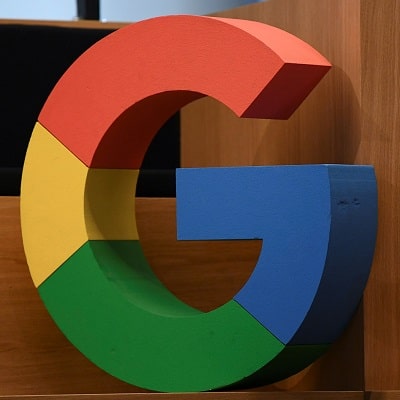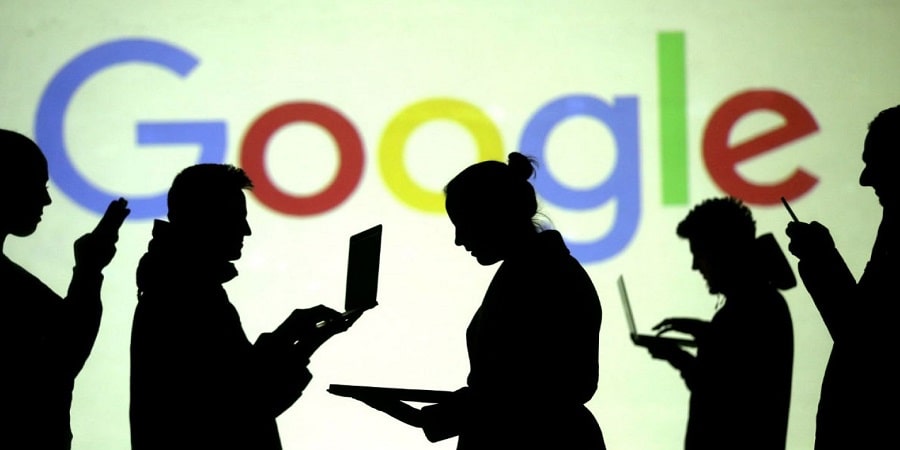
What are the penalties from Google?
A website is an indispensable tool for attracting customers and creating new contacts, but without cooperation with a search engine (that is, without Google as a true industry giant), any attempts to stand out in organic results will be futile.
Over the years, arenacasino.io has compiled a list based on its experience that Google has implemented and improved to identify misleading and fraudulent sites, that is, those that resort to the “black hat” SEO. But Google doesn’t stop at removing “scammers” from its archives; over time, it has begun to penalize “honest” web pages that don’t match search queries or don’t follow its guidelines.
That is why Google penalties affect millions of sites every year.
What is a penalty from Google?
Google penalties were designed to discourage deception and manipulation of users. This premise is not to suggest that “honest behavior” is enough to protect you from punishment – Google’s algorithm has raised the bar for webmasters by killing sites commonly considered spam!
That is, Google punishes sites and web pages in two ways – manual actions or actions resulting from the algorithm. In any case, the result will not change, and the rating will suffer.
How can this situation be corrected? Each individual Google punishment requires specific countermeasures and a lot of patience – restoring search engine trust takes time.

Why are Google penalties bad for a website?
If Google decides to penalize the pages of a particular site, they will no longer be visible in organic SERP results. The target audience will no longer be able to find them, and the consequences for traffic can be disastrous.
Case studies have shown that Panda penalties, for example, can result in an 80 percent drop in organic traffic, resulting in huge losses for any business activity linked to the company’s website.
How can you tell if a site has been penalized by Google?
Now that you know what a Google penalty is and what effect it can have on your rankings, it’s worth checking whether a site has been penalized or not. This makes it easier for Google, which provides two main tools to check the “health” of the site:
- Google Analytics – allows you to track site visits and thus notice a significant decrease in views of certain pages. In this case, further investigation should be carried out to make sure that this is not a short-term downturn, but problems related to the operation of the site.
- Google Search Console is an indispensable tool for checking sanctions from Google, such as manual sanctions. The resulting reports are very accurate and are used to analyze possible errors and critical situations.
What are the types of Google fines?
Google applies two different ways of dealing with infringing websites:
- Manual impact – in this case, a person evaluates the pages of his site as inappropriate for Google recommendations. The search engine notifies you of the penalty on the main screen of Google Search Console, one of the main monitoring tools for webmasters.
- Algorithmic penalty is an automatic penalty associated with various Google algorithm updates and their application in the development and management of sites. The main sanctions apply to Panda and Penguin.
The Panda update draws the attention of search engines to the quality of content and targets sites based on so-called “light content”. The Penguin update, on the other hand, incurs penalties for sites that use invalid link building practices.
